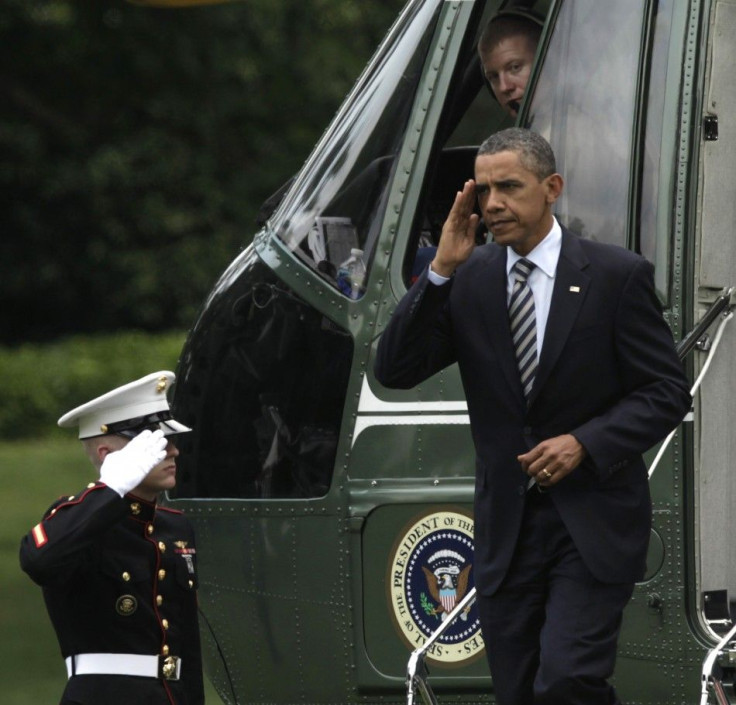Next for U.S. Debt Deal: Democrats Capitulate on Bush Tax Cuts, Again
OPINION

If you are feeling discouraged or frustrated by how the Democratic Party handled the U.S. debt deal talks, just wait a few months.
The consensus is that Democrats, and President Barack Obama in particular, blew it by ceding their one inviolable priority of increasing revenue while caving in to the Tea Party's demands. There was no balance of the kind urged by the Gang of Six or hinted at in the Obama-Boehner grand bargain, no call for more equitable taxation that would offset the woes of massive budget cuts by asking the rich to also sacrifice.
But a counter-narrative has begun to emerge, one in which this ends up being a strategic coup for Democrats. The debt deal occurs in two phases: a round of cuts to agency spending, followed by a dozen-member bipartisan panel locating $1.5 trillion in savings. The second part is structured to avoid another stalemate -- if the panel fails to come up with a plan, or if Congress rejects their plan, massive cuts to defense and domestic spending will automatically kick in.
Supposedly, that's where the Democrats have leverage. Obama has signaled that he will veto any package that doesn't include a repeal of the ruinous Bush-era tax cuts on the nation's wealthiest. And because Republicans are compelled to find a compromise, with the fallback being a sharp reduction in the military's budget, they would be more open to eliminating the Bush tax cuts for the very affluent, or to eliminating tax breaks that are essentially another form of spending.
This is a fantasy. The central fallacy is the idea, invoked repeatedly by Obama and his inner circle during the debt talks, that Republicans will be rational negotiators who make the nation's best interests paramount. Republicans have made it clear that they are more concerned with adhering to their ideological imperatives -- one of which is beating the Democrats and making Obama look bad -- and giving the Democrats a policy victory they have sought for years now will be tough to swallow.
More importantly, protecting U.S. military supremacy is hardly a partisan matter. Yes, Republicans tend to be more hawkish and therefore more willing to shield the Pentagon from the budget axe, but no politician wants to risk appearing to not support the troops. The automatic defense cuts trigger was meant as a safeguard against Republican intransigence, the reasoning being that they would never hold up a deal if maintaining a robust military was at stake.
But here is what's going to happen: In a now agonizingly familiar pattern, Obama will appease Republicans for the greater good. Republicans will sense his weakness and they will push for as much as they can get, knowing that the president will blink, just as they did when they risked the full faith and credit of the U.S. And Obama will laud it as a victory for bipartisanship, for coming together and getting something done.
I'm not discounting the possibility that Democrats will hold their ground this time and that, hoping to avoid another protracted and acrimonious deficit battle, Republicans will yield. But I'm not holding my breath.
© Copyright IBTimes 2024. All rights reserved.





















